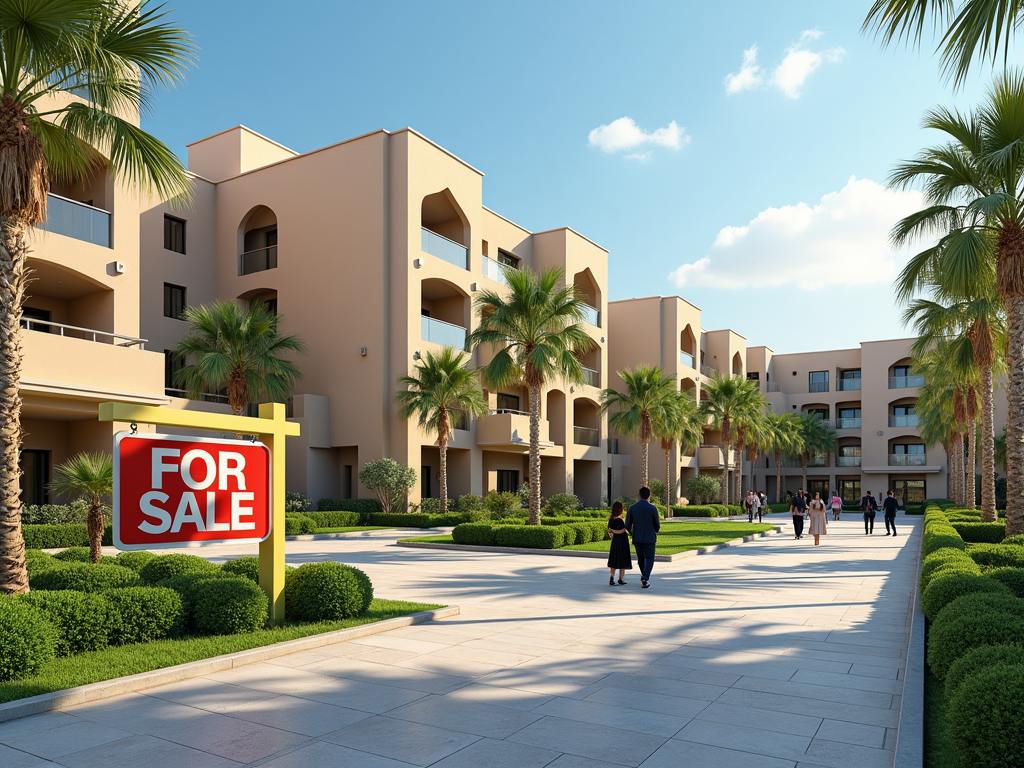Investing in Dubai real estate can be a lucrative opportunity for both foreign and local buyers, but understanding how to finance your investment is crucial. This article will explore various financing options available to investors, discussing traditional bank loans, mortgage alternatives, and the role of cash purchases. We will also cover essential considerations you must keep in mind while navigating the financial landscape of Dubai’s thriving property market.
Understanding Your Financing Options

When it comes to financing your Dubai real estate investment, several options are available. Each financing method has its unique considerations, advantages, and limitations. Investors typically consider the following options:
- Traditional Mortgages
- Developer Financing
- Cash Purchases
- Personal Loans
- Equity Release
Traditional mortgages in Dubai are offered by various banks and financial institutions, allowing buyers to leverage their potential with a manageable down payment, typically ranging from 20% to 25%. Developer financing is an attractive option, especially for off-plan properties, allowing buyers to pay in installments directly to the developer. Cash purchases eliminate the financial burden of loans but require substantial liquidity. Personal loans can be used to supplement the finance, while equity release involves utilizing existing property equity to fund new investments.
Exploring Traditional Mortgages

Traditional mortgages are the most common way to finance real estate investments in Dubai. With mortgage rates generally lower than in many Western countries, Dubai presents an appealing opportunity for investors. Here are the steps to secure a traditional mortgage:
- Evaluate your financial status: Ensure you have a steady income and a solid credit history.
- Research lenders: Compare rates and terms from various banks and financial institutions.
- Submit documents: Prepare and submit necessary documents, including identification, proof of income, and bank statements.
- Property valuation: The lender will conduct a valuation of your intended property.
- Receive mortgage approval: Once approved, you will discuss payment plans and sign the agreement.
It’s essential to maintain transparency with your lender and keep them informed of any financial changes to facilitate a smoother mortgage application process. The approval process can take anywhere from a few days to several weeks, depending on the lender’s policies and regulations.
Considering Developer Financing
Developer financing is an attractive option for investors looking to buy off-plan or newly constructed properties. This method allows buyers to spread the cost of the property over an extended period, making it easier to manage cash flow. When considering developer financing, keep the following in mind:
- Payment Terms: Understand the schedule for your down payment and subsequent payments.
- Interest Rates: Verify if the developer charges interest and compare it to traditional mortgage rates.
- Trustworthiness of Developer: Ensure the developer’s reputation and track record are solid to minimize risks.
- Flexibility: Some developers offer flexible payment plans during the construction phase.
- Legal Considerations: Consult a legal expert to review the agreement terms and your rights as a buyer.
This financing option can be particularly appealing in periods of market growth, allowing investors to purchase property at lower prices before completion.
Cash purchases tend to be straightforward, allowing investors to avoid mortgage approval processes and related costs. Here are some significant benefits of purchasing property with cash:
- No Interest Payments: Avoid the costs associated with mortgages.
- Stronger Negotiation Position: Cash buyers often have more negotiating power and can close deals faster.
- Immediate Ownership: Enjoy full ownership of the property without financial encumbrances.
- Fewer Fees: Save on bank fees, valuation costs, and insurance required for mortgages.
- Lower Risk: Eliminate financial stress related to payment defaults or market fluctuations.
However, it is essential to ensure you have adequate liquidity for personal expenses and emergencies before making a cash purchase.
Conclusion
Financing your Dubai real estate investment can be a complex endeavor, but understanding the available options is crucial to making informed decisions. Whether you choose traditional mortgages, developer financing, or cash purchases, evaluate each method’s pros and cons based on your financial situation and investment goals. Remember that the Dubai real estate market is dynamic, and staying informed will position you for success. Always consult financial advisors and legal experts to guide you through the financing process and protect your interests.
Frequently Asked Questions
1. What is the typical down payment for a mortgage in Dubai?
Typically, the down payment for a mortgage in Dubai ranges from 20% to 25% of the property’s value depending on the lender and the buyer’s nationality.
2. Can foreign investors obtain a mortgage in Dubai?
Yes, foreign investors can secure a mortgage in Dubai; however, the terms and conditions may vary based on nationality and residency status.
3. What is developer financing?
Developer financing is when property developers offer loan options to homebuyers, allowing them to pay in installments over time instead of upfront costs.
4. Is it better to buy property with cash or finance it through a bank?
It depends on personal financial situations. Cash purchases offer clarity and savings on interest, while financing allows for leveraging funds for potential investment diversification.
5. Are there additional costs besides the purchase price of the property?
Yes, in addition to the purchase price, buyers should consider costs related to registration, maintenance fees, insurance, and potential renovation expenses.
